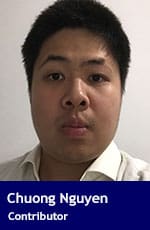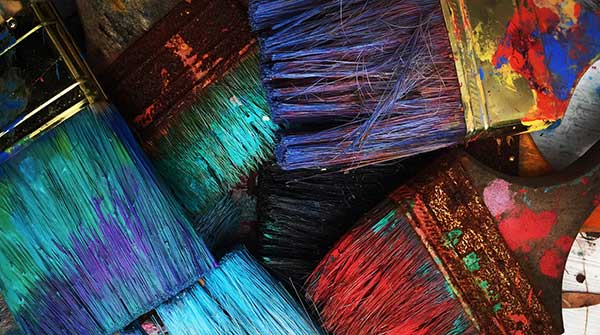Who would have believed I would receive a lesson on diversity from a Satanist?
 I recently had the privilege of interviewing Stephen Bradford Long, a member of The Satanic Temple, on my podcast. As a Christian, I approached the conversation with curiosity and some uncertainty. To my surprise, it turned out to be one of the most enlightening discussions I’ve had.
I recently had the privilege of interviewing Stephen Bradford Long, a member of The Satanic Temple, on my podcast. As a Christian, I approached the conversation with curiosity and some uncertainty. To my surprise, it turned out to be one of the most enlightening discussions I’ve had.
Stephen and I discovered common ground in our shared appreciation for Milton’s Paradise Lost, our concerns about the current political climate, and our nuanced perspectives on Nietzsche. What struck me was Stephen’s unwavering commitment to the principles of liberalism, particularly free inquiry and religious tolerance.
In an era marked by cancel culture, it’s essential to emphasize that genuine diversity begins with open inquiry and respect for differing beliefs. It’s disheartening to witness diversity being misappropriated for agendas that seek to indoctrinate, while others question its relevance altogether. I firmly believe that diversity can be a societal asset, but only when it encompasses a diversity of ideas.
Traditionally, the term “diversity” has been confined to superficial representations of different races, genders, and sexual orientations in various settings, like boardrooms or academic seminars. This narrow view overlooks the rich diversity of national, cultural, religious, political, and philosophical traditions that underlie all individuals. Such superficiality can be detrimental, as it caricatures pluralism and becomes an easy target for critics of liberalism.
Tolerance, as defined by the Cambridge dictionary, entails a willingness to accept behaviours and beliefs that differ from one’s own, even if not fully endorsed. This concept applies to both religious and secular convictions and is vital for nurturing a pluralistic liberal society. Without tolerance, we risk perpetual division or the tyranny of a single ideology.
Historically, tolerance played a crucial role in ending religious wars during the Reformation and Counter-Reformation in Western Europe. In the Anglosphere, it allowed previously persecuted faith groups like Catholics, Quakers, Jehovah’s Witnesses, and the Amish to be recognized as equals under the law.
In the political realm, tolerance is enshrined in documents like Canada’s Charter of Rights and Freedoms, which protects freedoms of conscience, thought, expression, assembly, and association. This broad application of tolerance ensures that even fringe views enjoy the same protection, except when inciting violence or defamation occurs.
However, both the political “left” and “right” are tempted to embrace intolerance in their own ways. The “woke” left sometimes stifles dissenting ideas through political correctness, fostering self-censorship. Meanwhile, the populist right may weaponize anti-woke sentiments against controversial ideas, like critical race theory. While I disagree with critical race theory, I believe that challenging bad ideas should rely on superior arguments, not government intervention.
I am currently writing from Hungary, where an illiberal government restricts social justice ideology. Conversely, in Canada, respected institutions succumb to progressive orthodoxy, often dismissing conservative or classical liberal ideas. Both sides alienate those with opposing views while seeking to have their own heard, hindering genuine diversity based on individuals and ideas.
For authentic diversity to thrive, we must emphasize rational free inquiry. Intellectual restlessness invites reform or revolution when met with suppression while promoting free inquiry encourages moderation and reform.
John Stuart Mill aptly noted that suppressing ideas turns truths into dogma and falsehoods into punishable offences. Diversity requires nuanced moral and intellectual judgments and a healthy dose of humility.
Returning to my conversation with Stephen Long, a Satanist podcaster, we found common ground in our shared commitment to fostering genuine ideas and political diversity. Despite our differences in beliefs and political philosophy, we both value the virtues necessary for a tolerant and pluralistic society. Stephen’s powerful plea for such a society reminds us that even profound and conflicting beliefs must coexist in a pluralist society.
Chuong Nguyen is a contributing writer at the Aristotle Foundation for Public Policy and host of the Unlicensed Philosophy podcast.
For interview requests, click here.
The opinions expressed by our columnists and contributors are theirs alone and do not inherently or expressly reflect the views of our publication.
© Troy Media
Troy Media is an editorial content provider to media outlets and its own hosted community news outlets across Canada.

